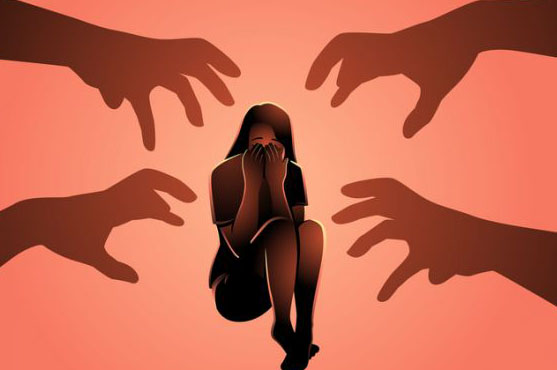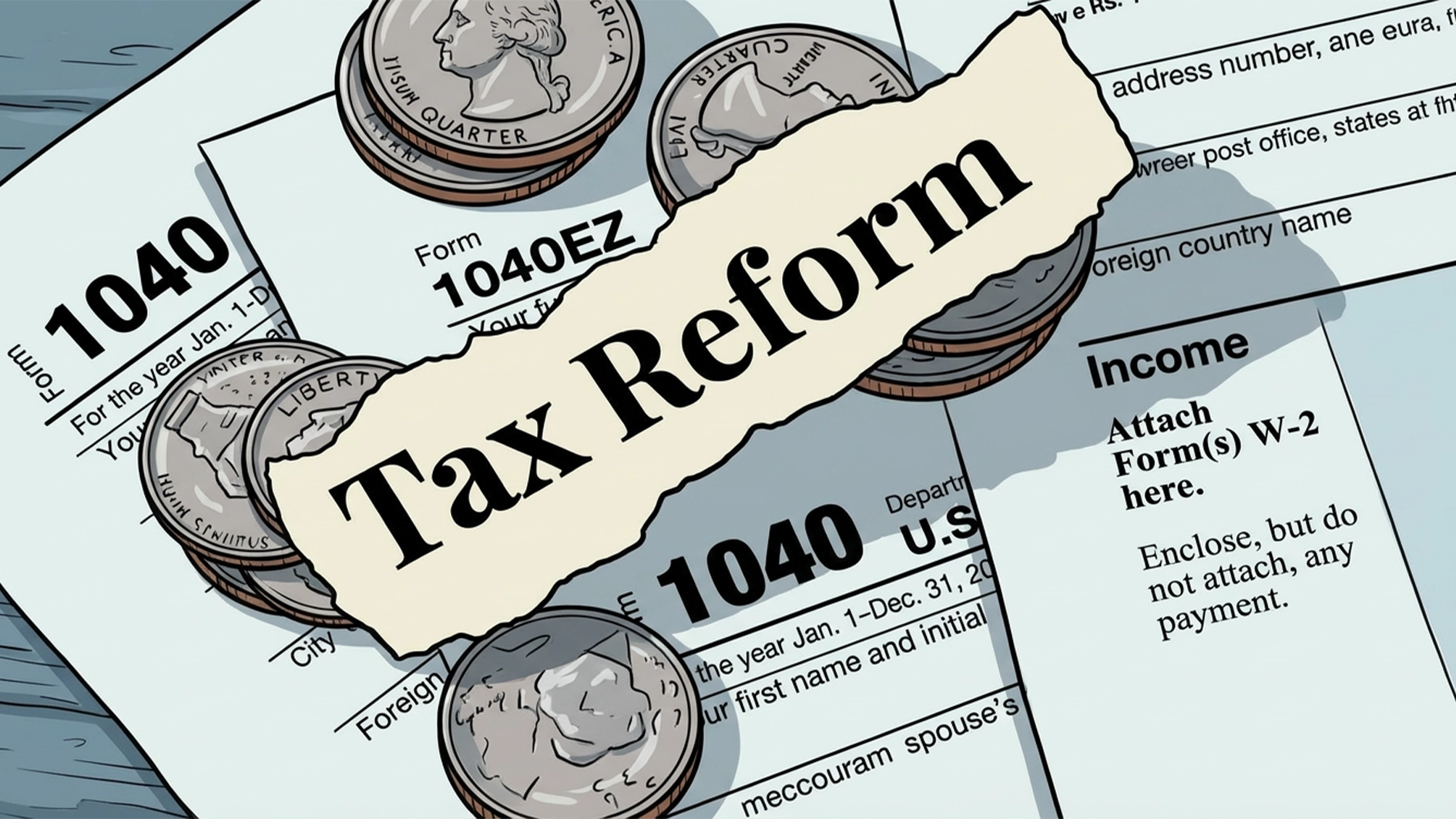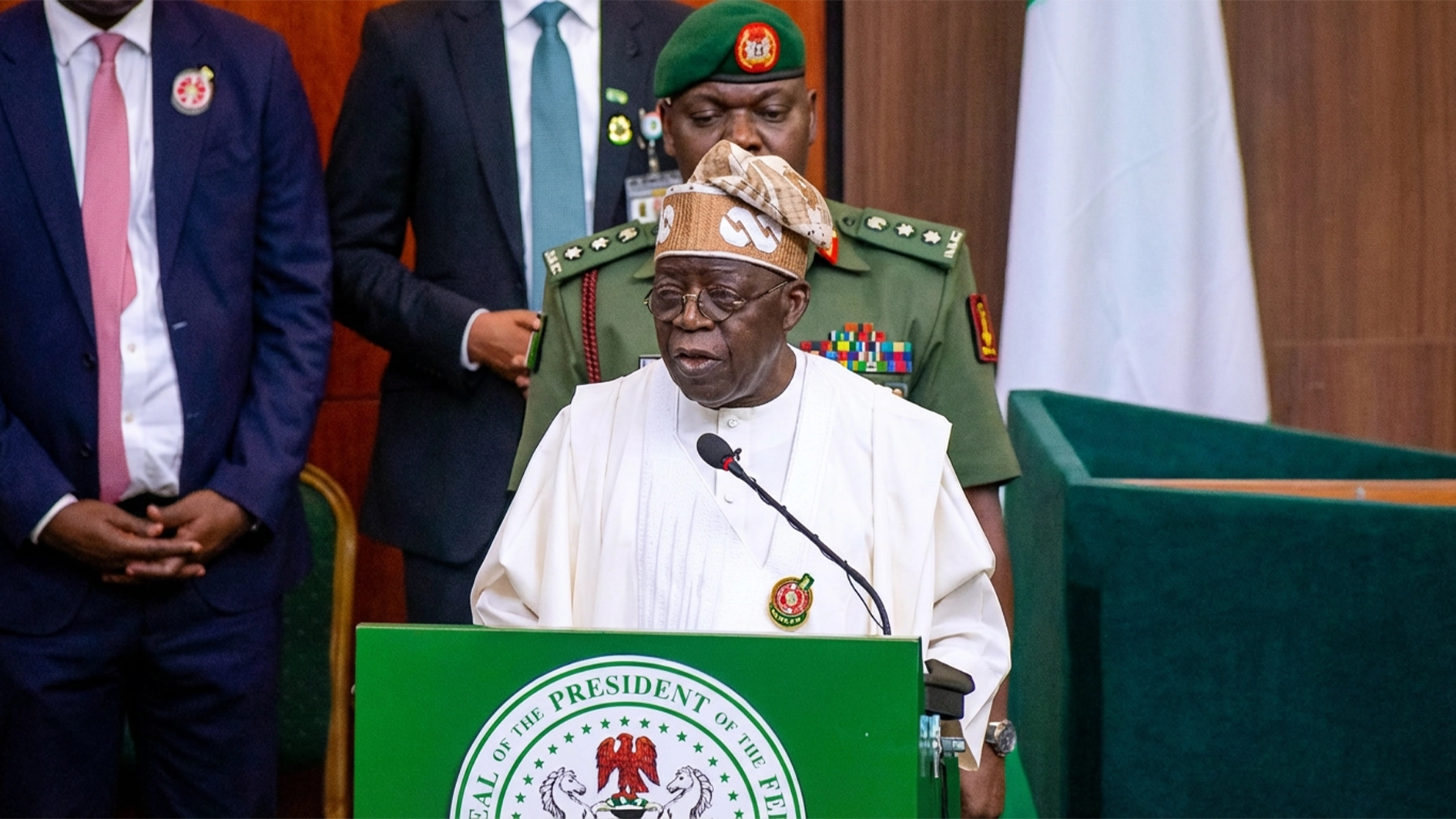
Executive Director, Invictus Africa, Bukky Shonibare, has said 63 per cent of Nigerians have experienced or know someone who has experienced Gender-Based Violence (GBV).
She stated this at the launch of the second Womanity Index Report by Invictus Africa, in partnership with Ford Foundation and BudgIT, in Abuja.
A
ccording to Shonibare, the yearly report is a survey that compares indices and data on GBV, tracking progress made at national and sub-national levels, thereby enabling stakeholders to create interventions in the fight against the scourge.
The survey, she said, was necessitated by the need to have national data to assess the progress of subnational level governments, enabling them to gauge their efforts at GBV response.
“So in this year’s Womanity Index, one of the things that data show in relation to those who have experienced gender based violence, is that 63 per cent of Nigerians say that they have either experienced gender-based violence or they know someone who has experienced gender-based violence and it’s only 37 per cent that have not experienced gender-based violence or don’t know anyone that experienced it.
“When we say gender-based violence, we are not just talking about sexual forms such as rape or sexual assault, but gender-based violence such as physical, emotional, economical, mental or psychological. The most prevalent form of GBV that Nigerians face is the domestic violence or intimate partner violence, followed by physical violence, thereafter mental or psychological” she said.
She listed Lagos, Rivers and Ekiti as the states with the highest response to GBV and harmful cultural practices against women and girls.
“This year, we have three states that are now blue states. Lagos State is still a blue state; River and Ekiti states are now blue states. One of the things that Katsina did well is to pass their Violence Against Persons, Prohibition (VAPP). And with that, it upped their mark in the laws and policies index.
“We have more states that moved from red to amber this year, like Katsina State, which moved from red state last year, and they are now an amber state. They also established and launched their sexual assault referral centre, which they didn’t have before, and so they were able to score a mark in that regard as well.”
She said the report worked around five indexes: laws and policy; access to legal justice; support services for survivors, information and awareness, as well as budget and spending.
The data also showed that 70 per cent of Nigerians, who experienced GBV, experience it in their homes, followed by public places like the market, schools, workplace, religious institutions and over 34 per cent of people sought help, first from their families and relatives, followed by police or law enforcement.
Meanwhile, the United Nations Resident and Humanitarian Coordinator in Nigeria, Mohammed M. Fall, has stated that no cultural practice, tradition, economic or social pressure can justify the suffering endured by millions of women and girls globally.
Fall, in a statement in Abuja, said: “Our role is to challenge these harmful narratives. Gender inequality and violence against women remain among the greatest challenges to sustainable development, not just in Nigeria but all over many climes.
“Reports have also established that women, who have experienced violence are more likely to suffer from depression and anxiety disorders with long-lasting dire consequences and we captured the situation of gender-based violence globally.”
Also, in commemoration of 16 Days of Activism Sexual and Against Gender-Based Violence, (GBV), the Women Advocates Research and Documentation Centre (WARDC) has called for the allocation of, at least, 0.5% of the total national tax to funding the fight against GBV.
This funding, according to group, will be dedicated to enhancing awareness-raising campaigns and strengthening enforcement mechanisms aimed at preventing sexual and gender-based violence (SGBV) and addressing issues related to gender-based violence (GBV).
The Acting Executive Director of WARDC, Emmanuella Azu, made the call, yesterday, in a statement delivered at a press conference in partnership with Care International, with the theme “Building Consensus On VAPP Act Strengthening and Ensuring Accountability On Sexual And Gender-Based Violence,” in Abuja.






